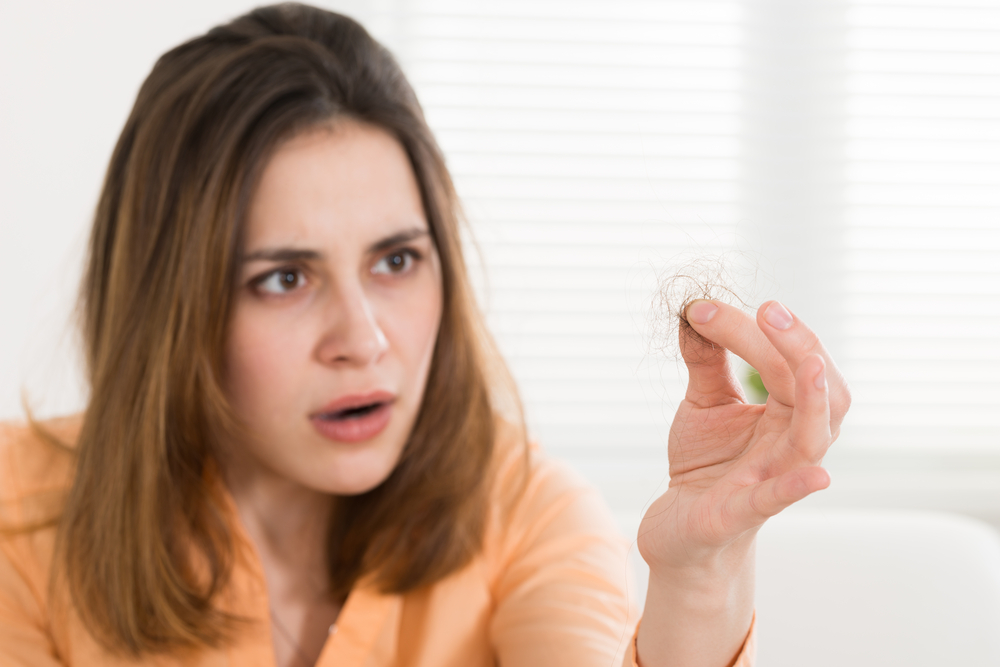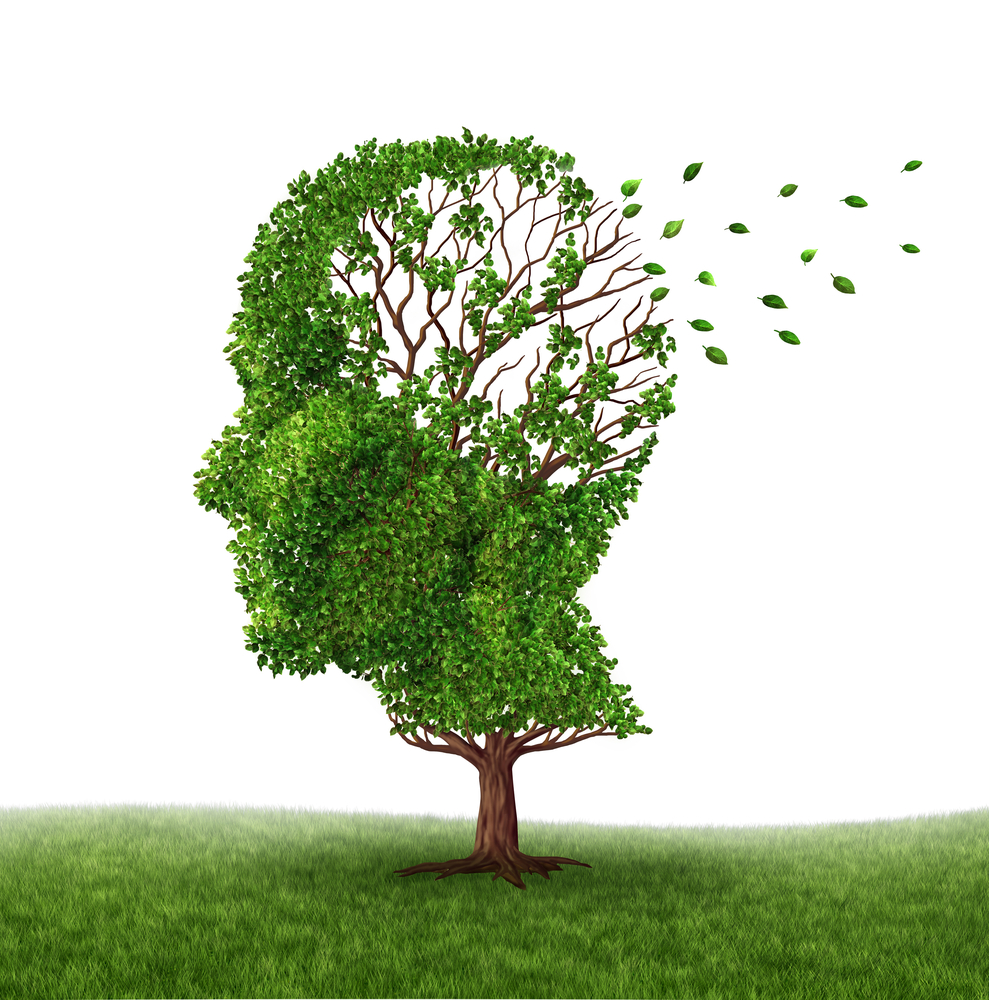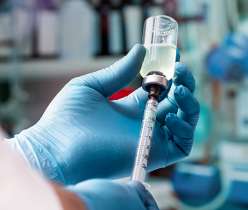Along with being a pleasurable and exciting phase, pregnancy brings a lot of new changes and complexities inside the body of a mother-to-be. One of these problems is hair loss after pregnancy and childbirth.
Pregnancy and post-pregnancy periods are the times when the levels of hormones go wild. Being a mother is not at all easy. Along with having the responsibility of providing your baby proper nourishment and protection, you have to deal with problems like depression, increased body fat, undesirable boobs, stretch marks and an insane shedding of hair.
Most of the mothers are thunderstruck after finding an abruptly crazy hair loss after a few months of delivering the baby. Hair loss in women after delivery is quite usual and your hair is supposed to be the way they were before pregnancy till your baby’s first birthday.
Reason behind hair loss after pregnancy
Under normal conditions, eighty five to ninety five percent of the hair on your head is growing i.e; they are in a growing phase whereas five to fifteen percent of them are intact i.e. they lay in a resting phase. After the end of the resting phase, this hair sheds, generally when you shampoo or comb your hair and then new growth commences. On an average, a woman sheds about hundred strands of hair in a day.
At the time of pregnancy, estrogen levels rush up. This causes the growing stage to expand which gives you thicker and luxuriant tresses. Also, very less hair lie in the resting phase and thus less hair fall off.
After the end of pregnancy and delivering your little one, your estrogen levels trip, trying to rush back to normal. This makes more hair to enter the resting phase. In numbers, about five hundred hair follicles are shed per day after pregnancy. There’s a little you can do about it other than waiting for your hormone levels to fall back to normal which usually takes about six months.
Also Read:Causes of hair loss that may surprise you
Hair loss in women usually begins after a period of twelve weeks after delivery. However, the time of commencement is different from woman to woman. It has also been observed that some women are lucky enough not to experience severe hair loss.
Hair loss treatment
Hair loss in women after pregnancy frets almost all of them out as hair adds a charm to one’s appearance and boosts self-esteem; however, some women are troubled by it more than others.
Hair loss after pregnancy can be heart-rending but as it’s not a permanent hitch, there’s no need to go for a hair loss treatment. You can’t certainly do anything about post-partum hairfall except waiting for it to cease naturally but, there are certain factors which contribute to excessive hair loss in women which can be possibly brought under control to prevent much damage.
Pregnancy drains out essential nutrients from a woman’s body. Therefore, it is advisable to take vitamins and other nutrients in sufficient amounts. Make sure that you eat a balanced diet, satisfying the nutritional requirements of you and your baby.
Treat your hair naturally and gently. Don’t be harsh on your hair by using straightening iron, curlers, colours etc.
Pregnancy may bring changes in the texture of your hair leaving them dry and brittle. So, make sure you moisturize them well.
Instead of going for expensive hair fall treatments, you can use simple tricks. You can add volume and condition your hair by trying different hairstyles or products like hair thickeners or mousse.
Also Read:Best Home Remedies to Relieve Constipation
Instead of keeping long hair and sorrowing over how many of them fall every time you shower or comb your hair, you can go for short hair cut.
New moms should be careful with their long hair as they can end up being tightly wrapped around baby’s tender appendages such as fingers, toes, wrists, ankles and penis. This is called hair tourniquet and can hurt the baby.
Conclusion:
Hair loss in women after pregnancy is commonplace. It happens due to the abrupt changes in the hormone levels in women’s body, during and after pregnancy. However, this condition doesn’t stay forever and returns back to normal in few months and thus treatment is generally not required.




